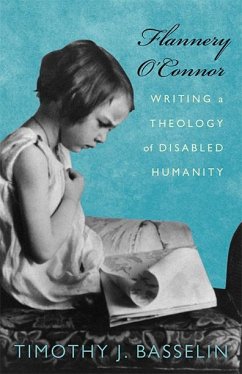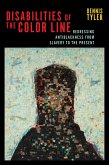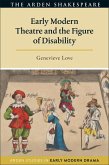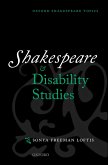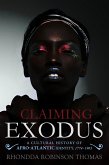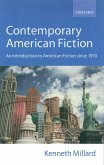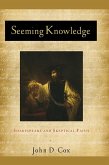Flannery O'Connor is one of America's most unique Southern authors. Shortly after she began her writing career she was diagnosed with lupus. Despite her illness, O'Connor authored more than two dozen short stories and two novels. Her highly regionalized Southern Gothic stories often involve grotesque characters.
Literature critic and theologian Timothy J. Basselin consults O'Connor's life and work to illustrate the profound connections existing between the theme of the grotesque and Christian theology. O'Connor's own disability, Basselin argues, inspired a theology that leads readers toward greater recognition of God's activity in a sinfully grotesque world. By combining disability studies, literary critique, and theological reflection, Basselin discovers a new vision for approaching the disabled, the grotesque, and the other in society. Flannery O'Connor reignites O'Connor's own critiques of the modern affinity for perfection, self-sufficiency, and a clear separation between "good" and "bad."
Literature critic and theologian Timothy J. Basselin consults O'Connor's life and work to illustrate the profound connections existing between the theme of the grotesque and Christian theology. O'Connor's own disability, Basselin argues, inspired a theology that leads readers toward greater recognition of God's activity in a sinfully grotesque world. By combining disability studies, literary critique, and theological reflection, Basselin discovers a new vision for approaching the disabled, the grotesque, and the other in society. Flannery O'Connor reignites O'Connor's own critiques of the modern affinity for perfection, self-sufficiency, and a clear separation between "good" and "bad."
Dieser Download kann aus rechtlichen Gründen nur mit Rechnungsadresse in A, D ausgeliefert werden.

